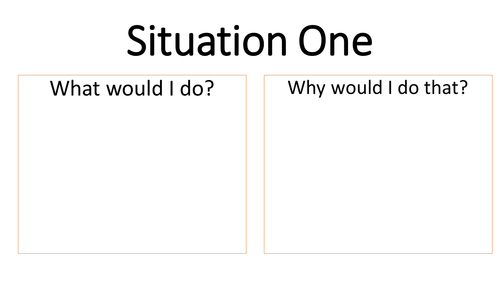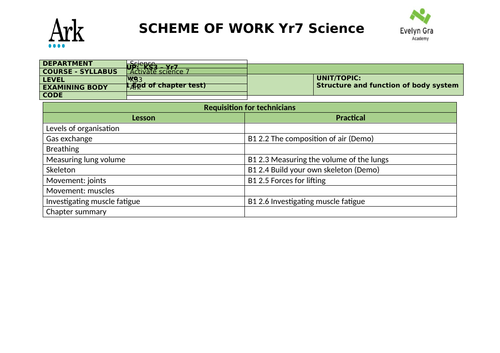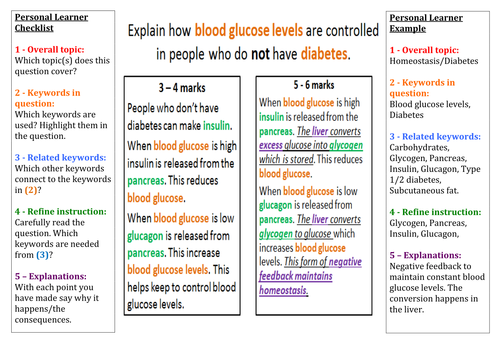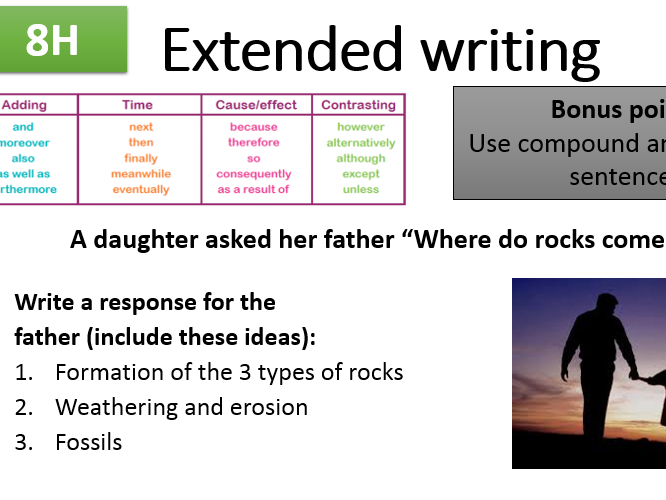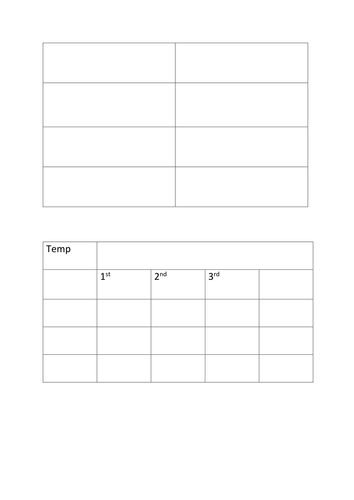243Uploads
111k+Views
55k+Downloads
All resources

Morals, ethics and mirror neurons
Pupils compare and contrast ethics and morality, Describe instances where morality is observed in other organisms, Evaluate moral dilemmas by discussing personal opinions.
Video on fairness in monkeys and discussion of natural selection on teamwork.

Yr7 Body systems. Scheme of Work for Kerboodle Activate 1 (SoW)
Content
Lesson objective
Skills objective
Learning outcomes
Keywords
Numeracy
Practical
Homework
Misconceptions
Key questions to ask
Lesson plans:
Levels of organisation
Gas exchange (Practical)
Breathing
Measuring lung volume (Practical)
Skeleton (Practical)
Movement: joints (Practical)
Movement: muscles
Investigating muscle fatigue (Practical)
Chapter Summary

B11.1 Principles of hormonal control
AQA GCSE Sciences (9-1)
Biology: B11 Hormonal coordination
Lesson 1: B11.1 Principles of hormonal control
Based on the Kerboodle Resources
The AQA Kerboodle worksheet are not included so as to be acting within the TES code of conduct.
Keywords: Endocrine system, Hormones, Insulin, Adrenaline, ADH

Guide to answering 6 mark questions in science
The resource models the difference between 5 and 6 mark answer.

C4.4 The yield of a chemical reaction
AQA GCSE Sciences (9-1)
Chemistry: C4 Chemical calculation
Lesson 4: C4.4 The yield of a chemical reaction
Based on the Kerboodle Resources
The AQA Kerboodle worksheet are not included so as to be acting within the TES code of conduct.

KS3 Science Complete Extended Writing Task (Yr7-8)
Best used just before or after finishing a topic - an ideal activity for deep marking.
Each slide contains a set of connective and also prompt ideas.
Topics included:
* Adaptation, Neutralisation, Particle theory, Detecting sound, Puberty, Drugs and health, Fossil fuels.
* Respiration, Rock cycle, Payback-time, Digestion, Diffusion, Acidification of forests, Pollination, Earth and space

P8.2 Forces between objects
AQA GCSE Sciences (9-1)
Physics: P8 Forces in balance
Lesson 2: P8.2 Forces between objects
Based on the Kerboodle Resources
The AQA Kerboodle worksheet are not included so as to be acting within the TES code of conduct.

P4.4 Component characteristics
AQA GCSE Sciences (9-1)
Physics: P4 Electric circuits
Lesson 4: P4.4 Component characteristics
Based on the Kerboodle Resources
The AQA Kerboodle worksheet are not included so as to be acting within the TES code of conduct.

B14.4 Genetic engineering
AQA GCSE Sciences (9-1)
Biology: B14 Variation and evolution
Lesson 4: B14.4 Genetic engineering
Based on the Kerboodle Resources
The AQA Kerboodle worksheet are not included so as to be acting within the TES code of conduct.
Keywords: Plasmid, Enzymes

P2.1 Energy transfer by conduction
AQA GCSE Sciences (9-1)
Physics: P2 Energy transfer by heating
Lesson 1: P2.1 Energy transfer by conduction
Based on the Kerboodle Resources
The AQA Kerboodle worksheet are not included so as to be acting within the TES code of conduct.

C5.1 Reactivity series
AQA GCSE Sciences (9-1)
Chemistry: C5 Chemical changes
Lesson 1: C5.1 Reactivity series
Based on the Kerboodle Resources
The AQA Kerboodle worksheet are not included so as to be acting within the TES code of conduct.

C5.7 Neutralisation
AQA GCSE Sciences (9-1)
Chemistry: C5 Chemical changes
Lesson 7: C5.7 Neutralisation
Based on the Kerboodle Resources
The AQA Kerboodle worksheet are not included so as to be acting within the TES code of conduct.

Recording Data (Introduction lesson 4/4) "Graphs and Tables"
Designed to be the fourth lessons for Year 7s (4/4).
Learning outcomes:
(*) Describe the three different types of data.
(*) Calculate means.
(*) Draw a suitable graph for given measurements.
Students recap the three types of variables and then learn the three types of data (Continuous, Discrete and Categoric).
They are then shown how to fill in a results table (where the dependent and independent variables go).
They learn how to calculate means and how to plot this data onto a graph.
The steps in drawing a graph are laid out in a step by step method (designed to be down together with the whole class).
They are also informed on when to use line or bar charts.

P13.4 UV, X-rays, Gamma rays
AQA GCSE Sciences (9-1)
Physics: P13 Electromagnetic waves
Lesson 4: P13.4 UV, X-rays, Gamma rays
Based on the Kerboodle Resources
The AQA Kerboodle worksheet are not included so as to be acting within the TES code of conduct.
Keywords:
Ionisation

C8.4 The effect of concentration and pressure
AQA GCSE Sciences (9-1)
Chemistry: C8 Rates and equilibrium
Lesson 4: C8.4 The effect of concentration and pressure
Based on the Kerboodle Resources
The AQA Kerboodle worksheet are not included so as to be acting within the TES code of conduct.

C6.4 Electrolysis of aqueous solutions
AQA GCSE Sciences (9-1)
Chemistry: C6 Electrolysis
Lesson 4: C6.4 Electrolysis of aqueous solutions
Based on the Kerboodle Resources
The AQA Kerboodle worksheet are not included so as to be acting within the TES code of conduct.

B8.3 How plants use glucose
AQA GCSE Sciences (9-1)
Biology: B8 Photosynthesis
Lesson 3: B8.3 How plants use glucose
Based on the Kerboodle Resources
The AQA Kerboodle worksheet are not included so as to be acting within the TES code of conduct.
Keywords: Lipids, Starch, Proteins

C12.3 Testing for gases
AQA GCSE Sciences (9-1)
Chemistry: C12 Chemical analysis
Lesson 3: C12.3 Testing for gases
Based on the Kerboodle Resources
The AQA Kerboodle worksheet are not included so as to be acting within the TES code of conduct.

B15.9 Classification
AQA GCSE Sciences (9-1)
Biology: B15 Genetics and evolution
Lesson 9: B15.9 Classification
Based on the Kerboodle Resources
The AQA Kerboodle worksheet are not included so as to be acting within the TES code of conduct.
Keywords: Classification, Species, Archaea, Domains

B9.4 Metabolism
AQA GCSE Sciences (9-1)
Biology: B9 Respiration
Lesson 4: B9.4 Metabolism
Based on the Kerboodle Resources
The AQA Kerboodle worksheet are not included so as to be acting within the TES code of conduct.
Keywords: ATP

